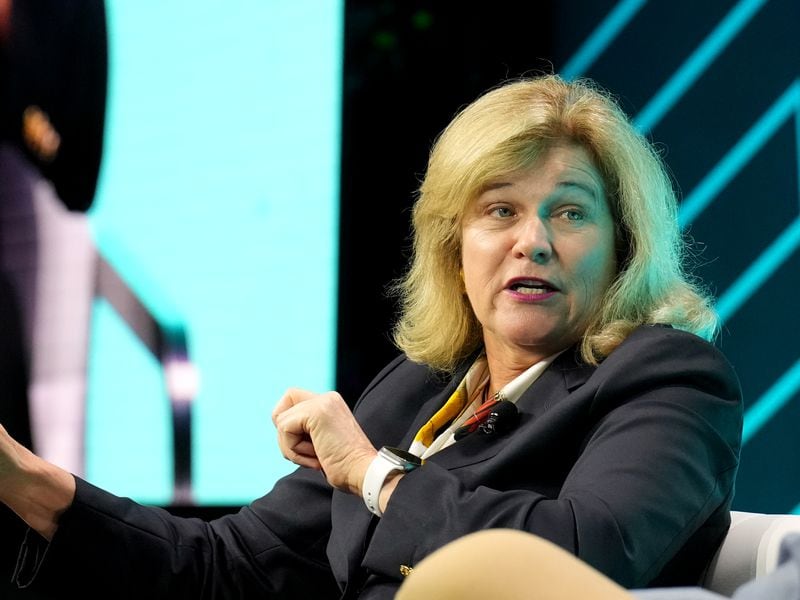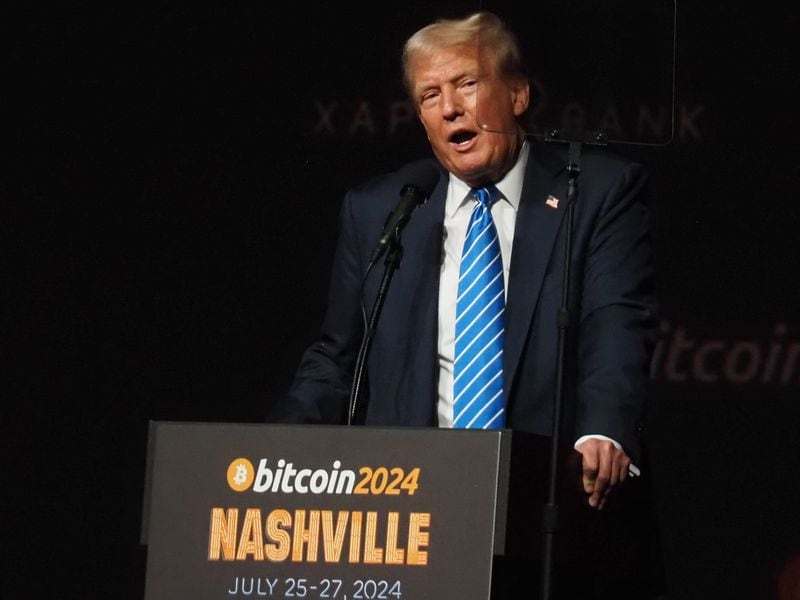-
Franklin Templeton’s OnChain U.S. Government Money Market Fund can now be traded on Ethereum.
-
The fund is already available on several other blockchains, including most recently Base, Aptos, and Avalanche.
-
Ethereum is by far the most popular pick among issuers, handling $1.6 billion worth of tokenized assets.
Franklin Templeton has expanded the trading of its OnChain U.S. Government Money Market Fund (FOBXX) to the second largest blockchain by market cap, Ethereum (ETH).
FOBXX launched in 2021, becoming the first money market fund to use a public blockchain to track transactions and ownership. It currently stands at a $410 million market cap, making it the third-largest tokenized money market fund.
BlackRock’s USD Institutional Digital Liquidity Fund (BUIDL) moved to the top of the list just six weeks after its launch in late March. It currently stands at $545 million, while the second largest fund, Ondo’s U.S. Dollar Yield (USDY), is at $452 million.
Among issuers, Ethereum is by far the top choice to issue shares of tokenized treasuries, with the largest blockchain handling over $1.6 billion of assets, followed by Stellar (XLM) and Solana (SOL), according to data by rwa.xyz.
Asset manager Grayscale, in a report in April, argued that Ethereum is “meaningfully decentralized and credibly neutral for network participants, likely a requirement for any global platform for tokenized assets” and, therefore, has the best chances among smart contracts to benefit from tokenization.

![[Action required] Your RSS.app Trial has Expired.](https://8v.com/info/wp-content/uploads/2026/01/rss-app-cfAqZL-75x75.png)













![[Action required] Your RSS.app Trial has Expired.](https://8v.com/info/wp-content/uploads/2026/01/rss-app-cfAqZL-350x250.png)










